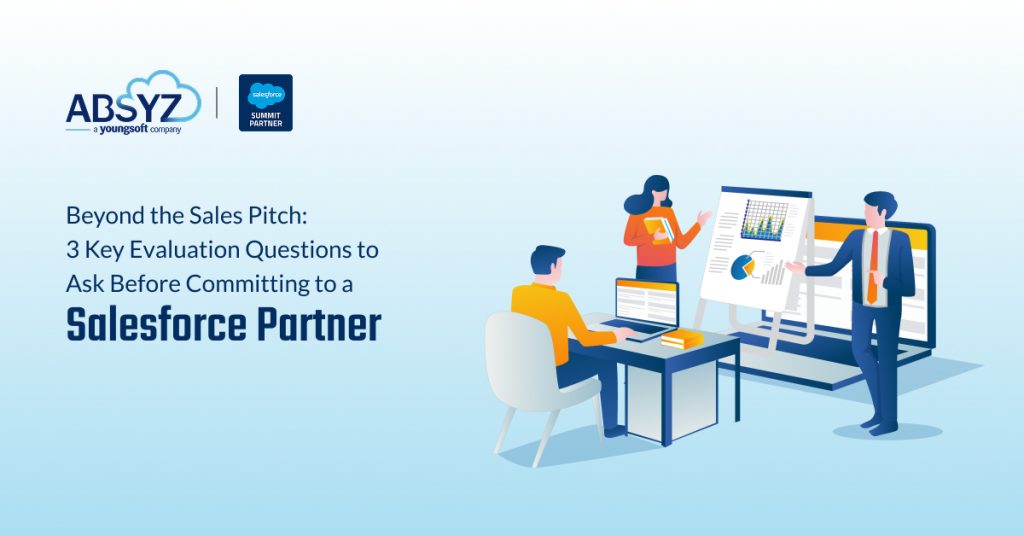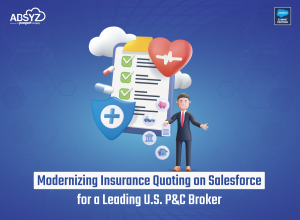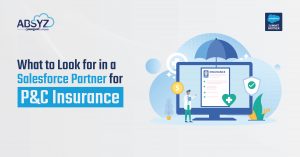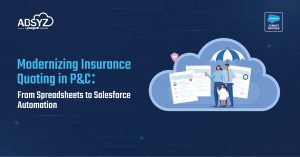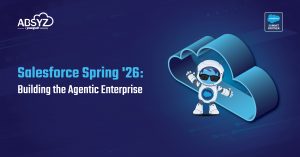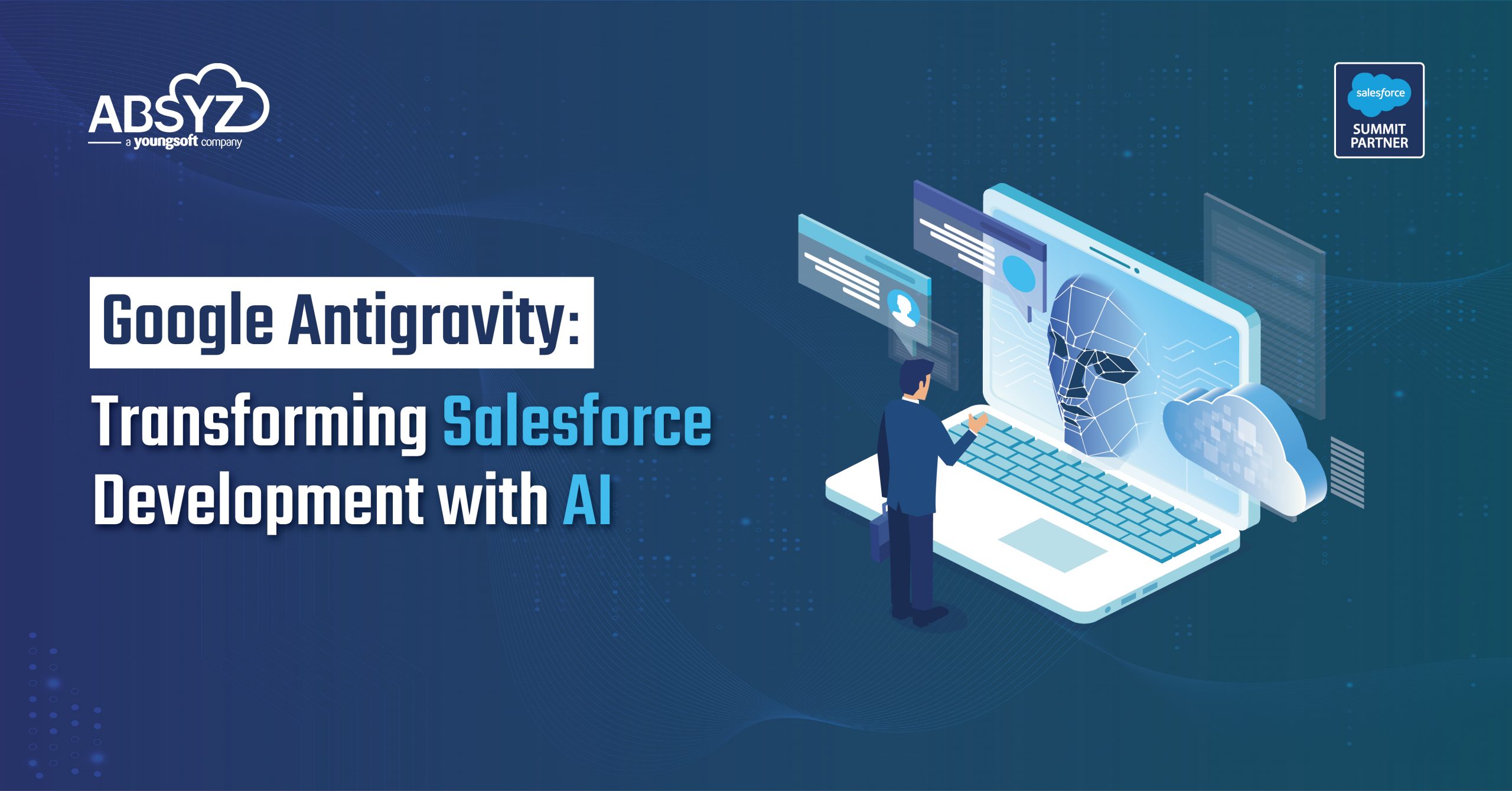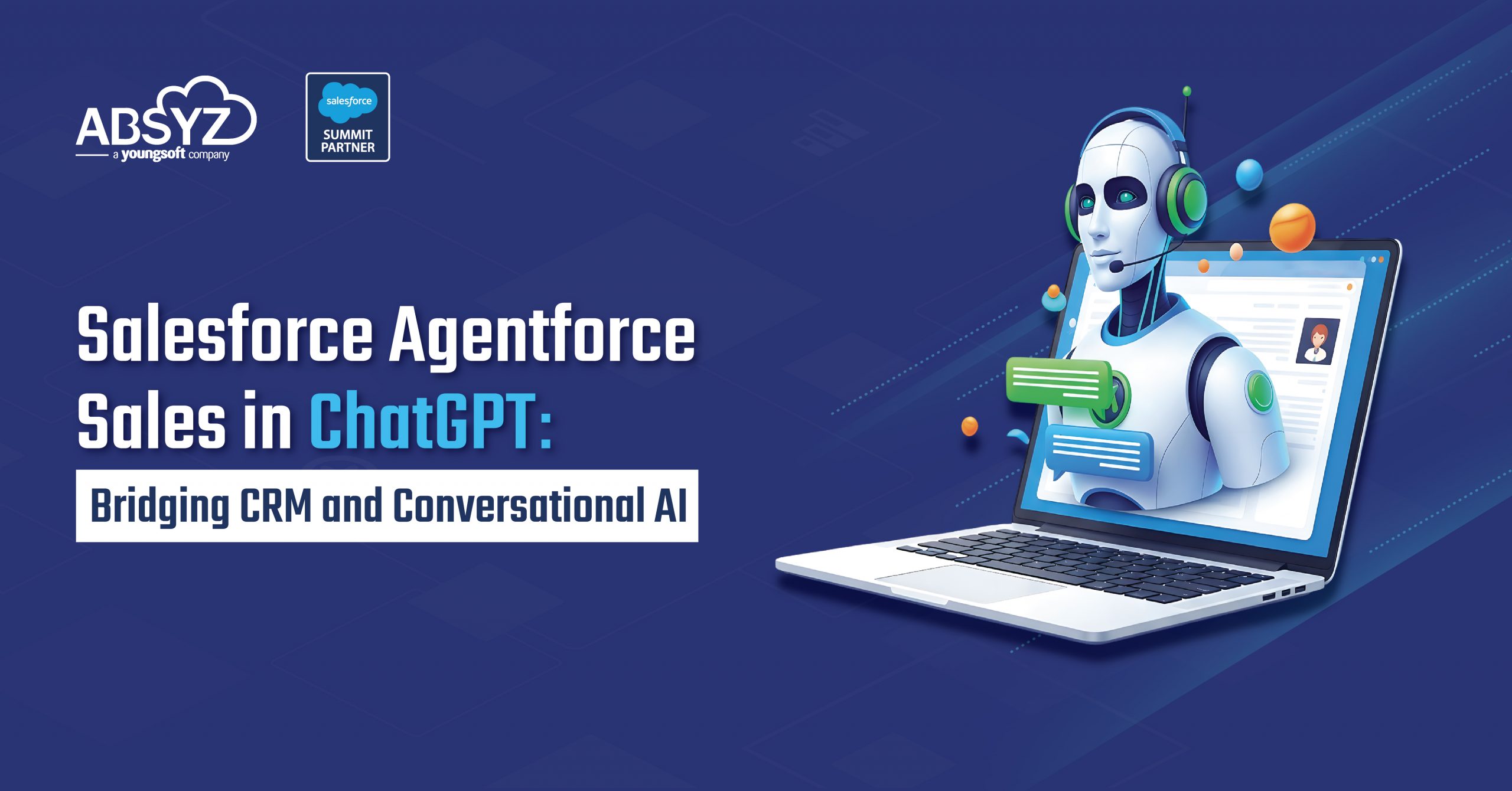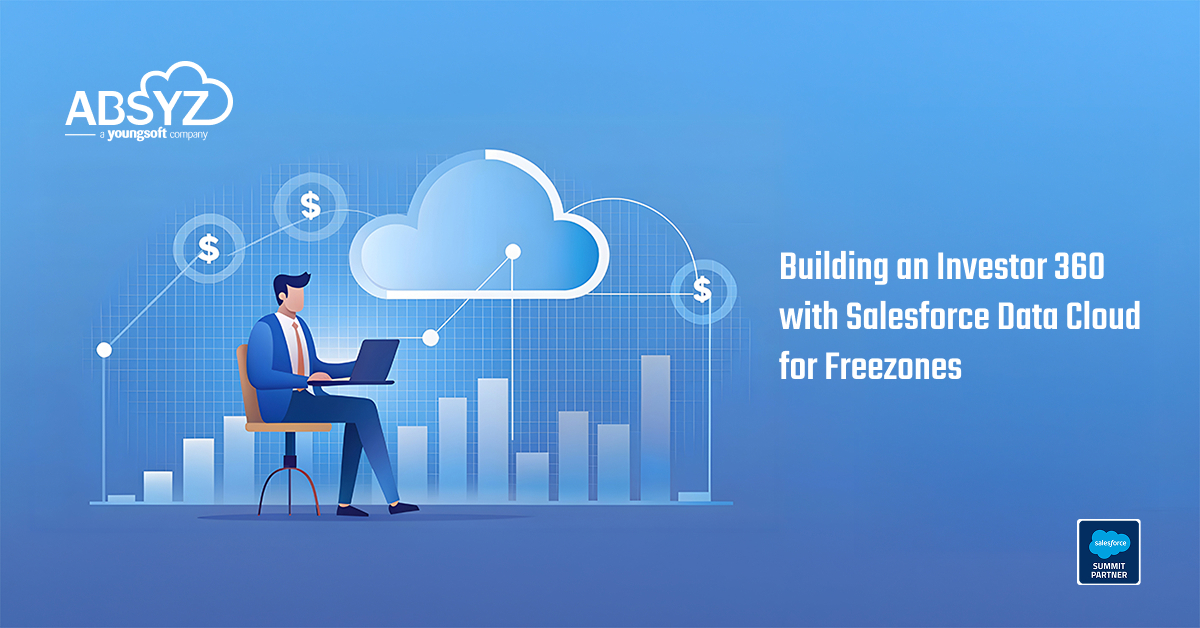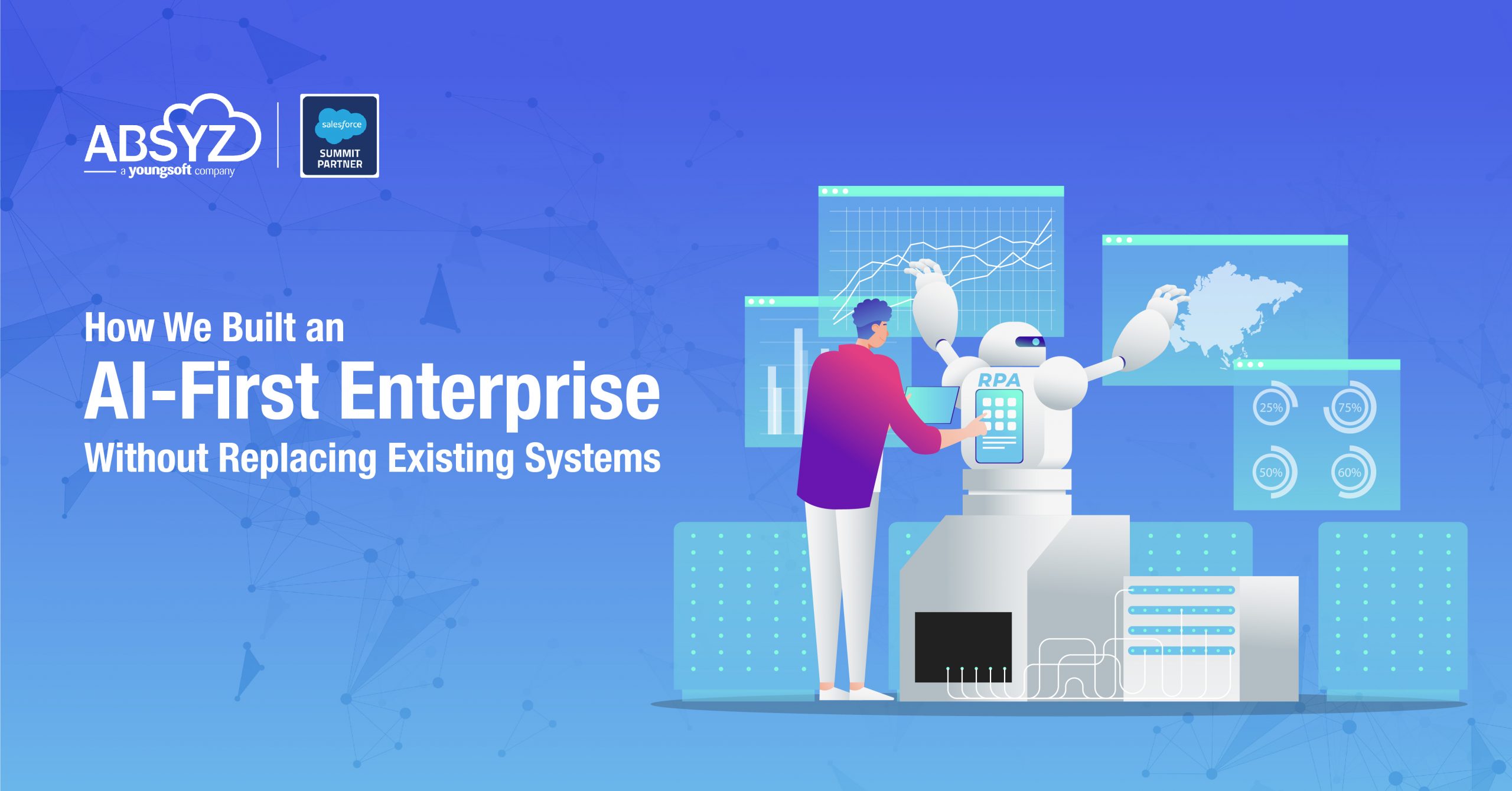Introduction
If you’ve ever led a technology project in Michigan, Ohio, or Chicago, you’ve probably heard the same story more than once:
“The pitch sounded great. The partner promised everything. But halfway in, we realized we’d signed up for more problems than solutions.”
Across the Midwest, from automotive suppliers in Detroit to insurers in Columbus to manufacturers in Chicago, too many leaders have been burned by partners who overpromise and underdeliver. The scars of those projects linger — budgets overspent, timelines missed, teams frustrated.
So how do you make sure you don’t get burned again? It comes down to asking the right questions before you sign the deal.
A Burnt Fingers Story: The Ohio Insurer
A mid-sized insurer in Ohio once partnered with a vendor who promised a “quick, compliant Salesforce rollout.” Everything looked solid on paper.
But six months in, cracks showed:
- Security controls were misaligned with state regulations.
- Custom workflows broke during Salesforce updates.
- The call center team was still using spreadsheets because training wasn’t prioritized.
By the time leadership realized they were locked into a multi-year contract, they were already addressing existing issues rather than driving innovation.
The lesson? They hadn’t asked the questions that mattered.
The Flip Side: The Michigan Automotive Supplier
Now, take the example of a Michigan-based automotive supplier. Having seen peers struggle, their leadership team took a different approach. Instead of being swayed by flashy presentations, they drilled down into three evaluation questions during the partner selection process.
The result? A Salesforce implementation that integrated seamlessly with SAP, scaled for global operations, and delivered ROI within the first year.
What made the difference? They asked what others overlooked.
The 3 Questions Every Midwest Decision Maker Should Ask
1. “How will you tailor Salesforce to our industry’s realities?”
Generic answers are red flags. A partner should be able to point to specific experience in your sector:
- Automotive: ERP and supply chain integration.
- Healthcare/Insurance: Compliance and data security.
- Manufacturing: Order-to-cash efficiency and service management.
If they can’t speak your industry’s language, expect costly surprises later.
2. “What’s your approach to adoption and change management?”
Technology is worthless if teams won’t use it. Ask:
- How do you train frontline employees?
- What support do you provide post go-live?
- How do you measure adoption?
A good partner doesn’t just deliver Salesforce — they deliver a workforce that embraces it.
3. “How do you prevent lock-in and hidden costs?”
Many Midwest companies get caught in contracts that balloon with add-ons, unexpected integration work, or opaque support fees. Insist on transparency:
- Total Cost of Ownership (TCO) over 3–5 years.
- Options for flexible scaling.
- Clear support terms without fine print.
If a partner hesitates here, that’s your signal to walk away.
Why This Matters in Michigan, Ohio, and Chicago
The Midwest is pragmatic. Businesses here don’t have endless budgets to experiment, nor patience for “innovation theater.” Whether it’s Detroit’s automakers, Ohio’s insurers, or Chicago’s logistics networks, leaders want Salesforce projects that work — on time, on budget, with measurable ROI.
Asking these three questions upfront isn’t just diligence. It’s protection against wasted investment.
The Bottom Line
Choosing a Salesforce partner is less about what they promise in the sales pitch and more about what they can prove in the details. Midwest businesses have learned the hard way: the wrong partner leaves you burned, but the right one unlocks lasting transformation.
At ABSYZ, we encourage tough questions because we’ve built our reputation on clear answers. From manufacturing to healthcare to financial services, we’ve helped Midwest companies deliver Salesforce outcomes they can measure, trust, and scale.
Because the best partnerships aren’t sold with slides — they’re earned through results.
Author: Vignesh Rajagopal

